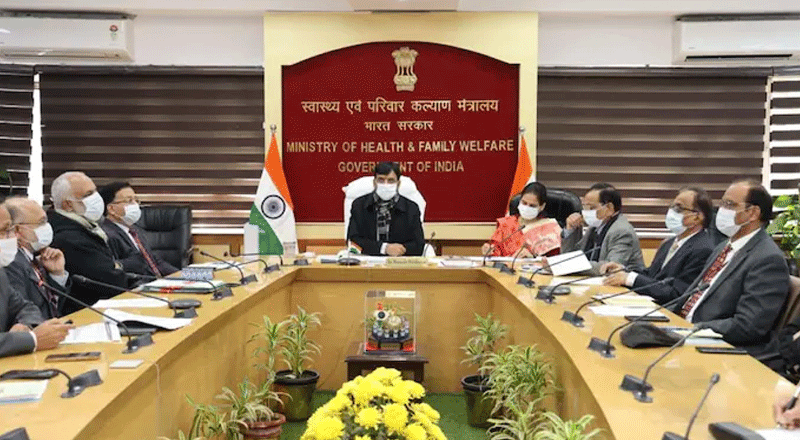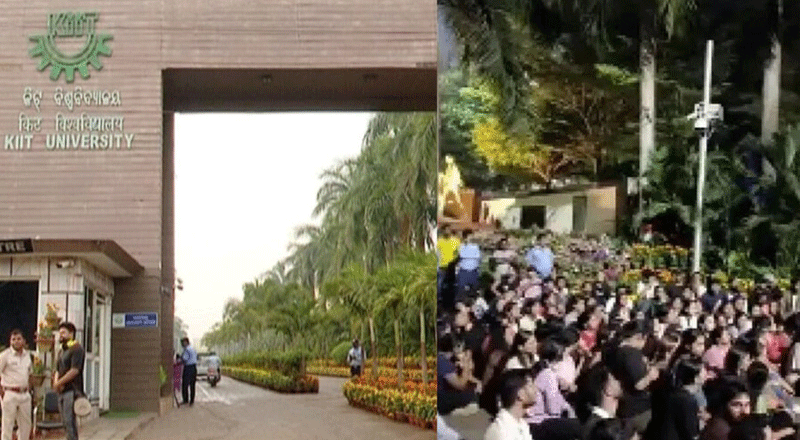BF.7, the coronavirus strain driving up cases in China, has been detected in India. Is the government prepared for a possible Covid resurgence?
What is currently unfolding in China is a grim reminder of what played out three years ago in Wuhan, widely considered as the epicentre of the Covid-19 pandemic that ended up killing more than 6 million people across the world, as per official figures. It was in December 2019 that the novel coronavirus began spreading like wildfire amongst the population in the country, that hid the reality until the first case appeared in India in January 2020 in Kerala.
And once again, what’s happening in China has brought back the scare, as a fresh Covid wave overwhelms hospitals and drives up the death toll. According to one statistical model published by the Institute for Health Metrics and Evaluation (IHME), China could see around 1.6 million fatalities due to Covid-19 through 2023, while a third of the population is likely to get infected by April 2023. This comes after the Chinese government abruptly abandoned its zero-Covid policy.
States have been directed to bolster the surveillance system for whole genome sequencing of positive case samples to track the variants through Indian SARS-CoV-2 Genomics Consortium (INSACOG) network to ensure timely detection of newer variants that may be circulating in the country. This would facilitate undertaking of appropriate public health measures. States have been requested to send samples of all Covid-19 positive cases to INSACOG Genome Sequencing Laboratories (IGSLs) on a daily basis, for sequencing.
In a presentation, health minister Mansukh Mandaviya was briefed that India has been witnessing a steady decline in cases with average daily cases falling to 158 in the week ending December 19, 2022. However, a consistent rise in global daily average cases has been reported since last 6 weeks, with 5.9 lakh daily average cases reported in the last week. A new and highly transmissible BF.7 strain of the Omicron variant has been found to be behind a wider surge of Covid infections in China.
The Union health ministry has already issued Operational Guidelines for Revised Surveillance Strategy in context of Covid-19 in June 2022 which calls for early detection, isolation, testing and timely management of suspected and confirmed cases to detect and contain outbreaks of new SARS-CoV-2 variants. Health minister Mansukh Mandaviya directed officials for ensuring effective implementation of the same.
BF.7 STRAIN DETECTED IN INDIA
Dr V K Paul, member (health) Niti Aayog, said that India has already seen the variant BF.7 circulating in India since July this year. Three cases have emerged in Gujarat, one in Odisha and another one in an undisclosed location. Dr Paul mentioned that states that have dropped the mask mandates may need to bring them back again.
Based on the recent data, a considerable proportion of adults are yet to receive the third dose (booster), and a small proportion have not received the second dose. This translates to several millions of vulnerable persons. It is important to reduce the vaccination gap for the third dose and plan for subsequent doses. The need for additional doses should be evaluated based on evidence in India, required to accentuate immune response over and above hybrid immunity,” said epidemiologist Dr Giridhar Babu.





